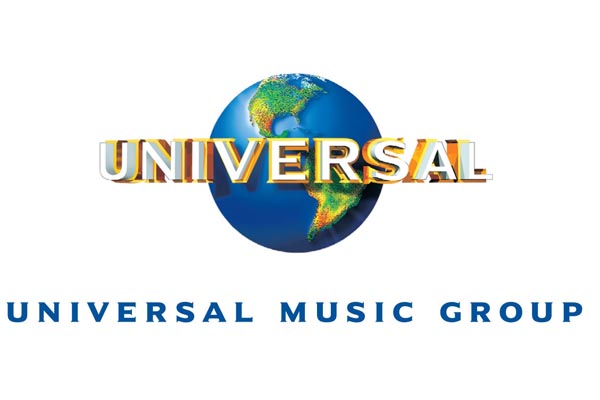Videos by American Songwriter
On Friday, September 21, European Union regulators sanctioned the merger between Universal Music Group and EMI. Later on that same day, the FTC followed by example, approving the deal by a 5-0 margin. There will be no more disputation, even though congressional approval wasn’t unanimous. This deal didn’t come without some cost, though; In order to actualize the merger, UMG is required to sell off one-third of EMI’s assets. This concession has been put in place in hopes of stemming off any possible repercussions the union between UMG and EMI may have.
This approval has brought to light the challenges facing independent labels, namely solidarity. In the beginning of these negotiations, indie labels were staunchly opposed to the prospects of a merger. But, much like 19th century Plains Indians, division among indie labels increased in proportion to pay-offs and incentives received.
On Friday, Impala executive chair Helen Smith gave this official statement opposing the deal:
“Contrary to the basic principles of competition in cultural markets, artists and consumers will ultimately pay the price. We will consider our options with our lawyers as soon as the full decision is published. In the meantime, it is vital that the divestments process balances the market and maximise competitive forces to the duopoly.”
It would appear this tough, reactive stance has been delivered too long after the bells have tolled.













Leave a Reply
Only members can comment. Become a member. Already a member? Log in.